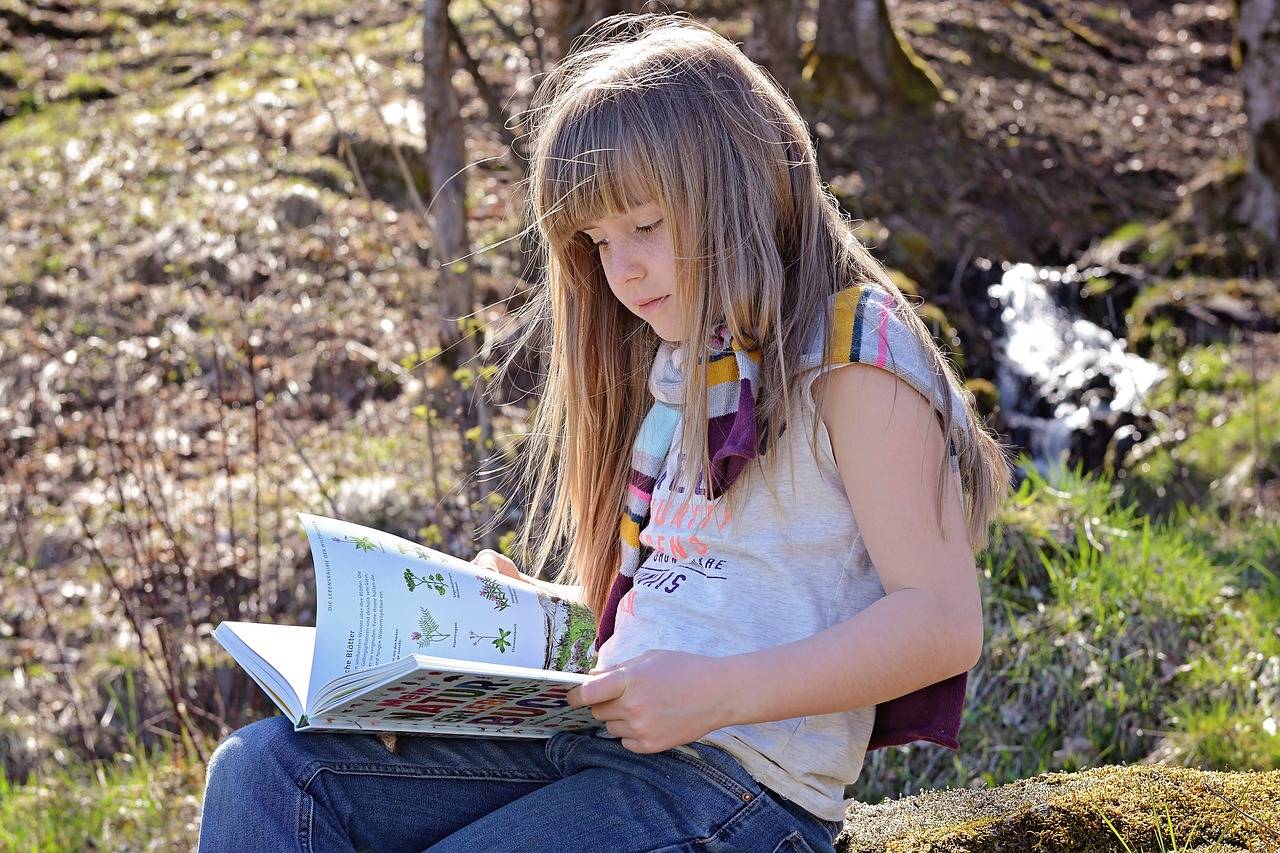Addressing Sustainability, Environmental Stewardship, Conservation Education, and Eco-Friendly Practices in Camp Curricula: All panel 777.com login, Laserbook247, 99exch
all panel 777.com login, laserbook247, 99exch: Addressing sustainability, environmental stewardship, conservation education, and eco-friendly practices in camp curricula is crucial in fostering a sense of responsibility towards our planet among young individuals. Camps provide a unique opportunity to educate and inspire campers to become environmentally conscious and make a positive impact on the world around them.
Integrating sustainability practices into camp curricula helps campers develop a deep appreciation for nature and learn about the importance of conserving natural resources. By incorporating activities such as recycling, composting, and energy conservation into the daily routine of the camp, campers can see firsthand how small actions can make a big difference in preserving the environment.
Environmental stewardship is another essential component of camp curricula. Campers can engage in hands-on activities such as tree planting, wildlife habitat restoration, and water conservation projects to learn about the importance of protecting and restoring natural ecosystems. These activities not only help campers develop a sense of ownership and responsibility towards the environment but also instill in them a lifelong commitment to conservation.
Conservation education plays a significant role in raising awareness about the threats facing our planet and the importance of preserving biodiversity. Camps can incorporate educational workshops, guest speakers, and field trips to natural reserves and wildlife sanctuaries to educate campers about environmental issues and empower them to take action. By fostering a deep understanding of environmental conservation, camps can inspire campers to become advocates for sustainability in their communities.
Eco-friendly practices such as reducing waste, using renewable energy sources, and supporting local and sustainable businesses are essential components of camp curricula. By modeling eco-friendly behaviors and teaching campers about the impact of their choices on the environment, camps can help campers develop sustainable habits that they can carry into their everyday lives.
In conclusion, addressing sustainability, environmental stewardship, conservation education, and eco-friendly practices in camp curricula is essential for instilling a sense of environmental responsibility in young individuals. By integrating these principles into camp activities and programs, camps can empower campers to become environmental advocates and make a positive impact on the world around them.
FAQs:
1. How can camps incorporate sustainability into their daily routines?
Camps can incorporate sustainability into their daily routines by implementing practices such as recycling, composting, energy conservation, and water conservation.
2. What are some examples of conservation education activities that camps can offer?
Some examples of conservation education activities that camps can offer include educational workshops, guest speakers, field trips to natural reserves, and wildlife habitat restoration projects.
3. How can camps promote eco-friendly practices among campers?
Camps can promote eco-friendly practices among campers by modeling eco-friendly behaviors, teaching campers about the impact of their choices on the environment, and supporting local and sustainable businesses.







